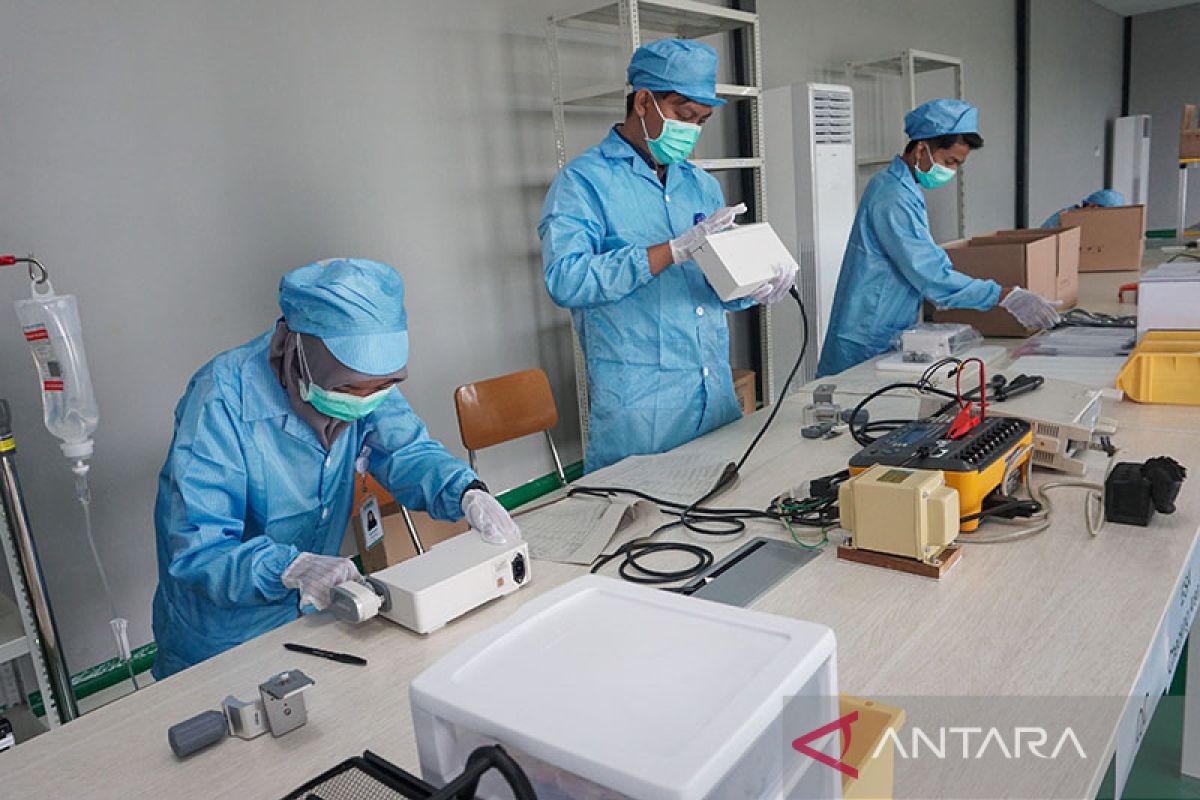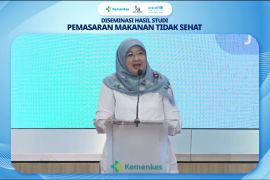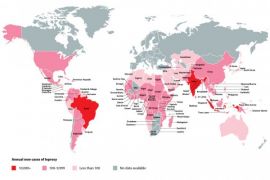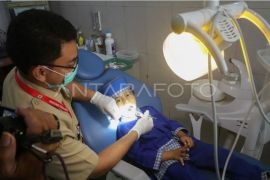There are only 14,208 distribution permits for domestic medical equipment in Indonesia, or 25 percent, compared to 54,127 distribution permits for imported medical equipment.Jakarta (ANTARA) - The domestic medical equipment industry has only cornered 25 percent of the total market share in the sector in the country, according to the Indonesian health ministry.
"There are only 14,208 distribution permits for domestic medical equipment in Indonesia, or 25 percent, compared to 54,127 distribution permits for imported medical equipment," head of the domestic health equipment and household health supplies working team of the Health Ministry, Eva Silvia, said during a discussion on Thursday.
She explained that the domestic medical equipment distribution permits cover 422 types of products made by 821 manufacturers. Meanwhile, the distribution permits for imported medical equipment comprise 1,549 types of products imported by 4,290 distributors in Indonesia.
In 2020, the trade balance of medical equipment in Indonesia recorded a deficit of Rp23.8 trillion (around US$1.5 billion), with the value of imported medical equipment reaching Rp40.1 trillion and exported medical equipment touching Rp16.3 trillion, Silvia noted.
"This is a challenge for us. We must be able to produce our own medical equipment," she emphasized.
Therefore, she said, the government is pursuing the production of domestic medical equipment to increase the sector's resilience in Indonesia. Meanwhile, the production of medical equipment in the last three years has increased 76.61 percent.
One of these efforts has been realized by the National Research and Innovation Agency (BRIN), which is providing a number of facilities for domestic medical equipment production. One of them is the Innovation Product Testing in Health Sector (PPIK) Facilitation Program.
During Thursday's discussion, BRIN's director of research and innovation utilization, Mulyadi Sinung Harjono, said that his party will help resolve the challenges in conducting pre-clinical and clinical tests in Indonesia.
"The target is to reduce the burden risk of health innovation product testing for industries that will utilize the results of research and innovation," he added.
Moreover, the PPIK program also encourages synergy and collaboration between the government, institutions, universities, hospitals, and/or industry within the framework of utilizing research and innovation results, Harjono said.
He expressed his hopes that the PPIK Facilitation Program can be utilized by the domestic medical equipment industry to increase domestic production and dominate the market in Indonesia.
Related news: Govt steps ups supervision of medical device imports, exports
Related news: Indonesia can produce quality medical devices: deputy minister
Translator: Sean Muhamad, Resinta Sulistiyandari
Editor: Tia Mutiasari
Copyright © ANTARA 2023












